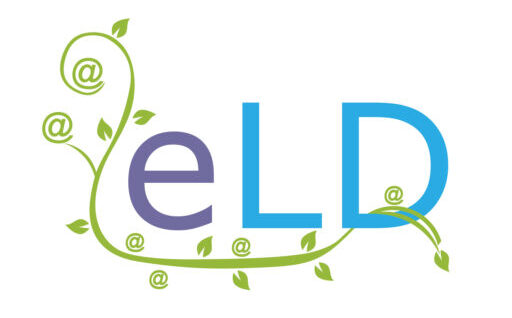Related Articles
Moodle hosting onboarding guide
Onboarding guide Onboarding guide Onboarding guide New Moodle site… Now what? As the final step in the signup process, you'll be sent account logins for our Moodle space so you can read and accept our Data Policies. That's also where you'll find multiple version-based How to Moodle guides. From admin help to tips on creating app-friendly courses, there's plenty of information available, and we're always here if you need more. So as soon as you have access to your new Moodle site, follow these three basic steps to start [...]
How to manage your DNS settings
Managing DNS settings Managing DNS settings Managing DNS settings Connecting users to your Moodle Once you’ve got a Moodle site, you need a way for users to find it, and the process for this involves configuring your DNS. As the terminology (and technology) can be confusing if it’s not something you’ve dealt with before, this is a quick guide to how it all works. DNS terminology DNS (Domain Name System) The phonebook of the Internet Domain Name The main website address (i.e. e-learndesign.co.uk) Domain registrar [...]
Making your Moodle site data efficient
Moodle data efficiency Moodle data efficiency Moodle data efficiency How to manage your data usage With the sheer volume of Moodle content formats available, controlling your site data usage can be challenging. And that’s before you take into account the growth effect of adding new users and courses… To make things slightly easier, we’ve identified three key factors that will help you streamline your site. Video-heavy content Video content, while a popular and accessible e-learning delivery format, tends to be the usual culprit when it comes [...]
The best plugins for your Moodle site
Best Moodle plugins Best Moodle plugins Best Moodle plugins Using plugins to elevate your LMS While Moodle core comes with just about everything you’ll need for a basic learning environment, its modular nature is where it really stands out – plugins take full advantage of this and are the essential building blocks you need to really make Moodle work for you. Where to find Moodle plugins If you have experience with a site-building kit like WordPress, you’ve likely heard the term “plugin” before. But for [...]
How to health check your Moodle site
Moodle health checks Moodle health checks Moodle health checks Future-proofing with a Moodle MOT Regular digital health checks (i.e. Moodle MOTs) are essential to maintaining an organised, user-friendly e-learning platform. But with so many areas to tweak and improve, it can be tricky knowing where to start. To help, here are our recommendations for the priority checks you should be making on your Moodle site. Moodle version Keeping the underlying code that supports your Moodle instance up-to-date is key to overall site health. It's a common [...]
How Moodle version upgrades work
Moodle upgrade process Moodle upgrade process Moodle upgrade process What to expect from a Moodle upgrade There are a number of reasons to upgrade your Moodle version. It might be necessary as part of a migration to bring your site into line with our standard server builds, or it could be part of a site refresh, bringing you back into line with competitor installations. Alternatively, it could simply be because your version is approaching the end of active HQ support, so you need to upgrade to stay future-proofed. [...]







